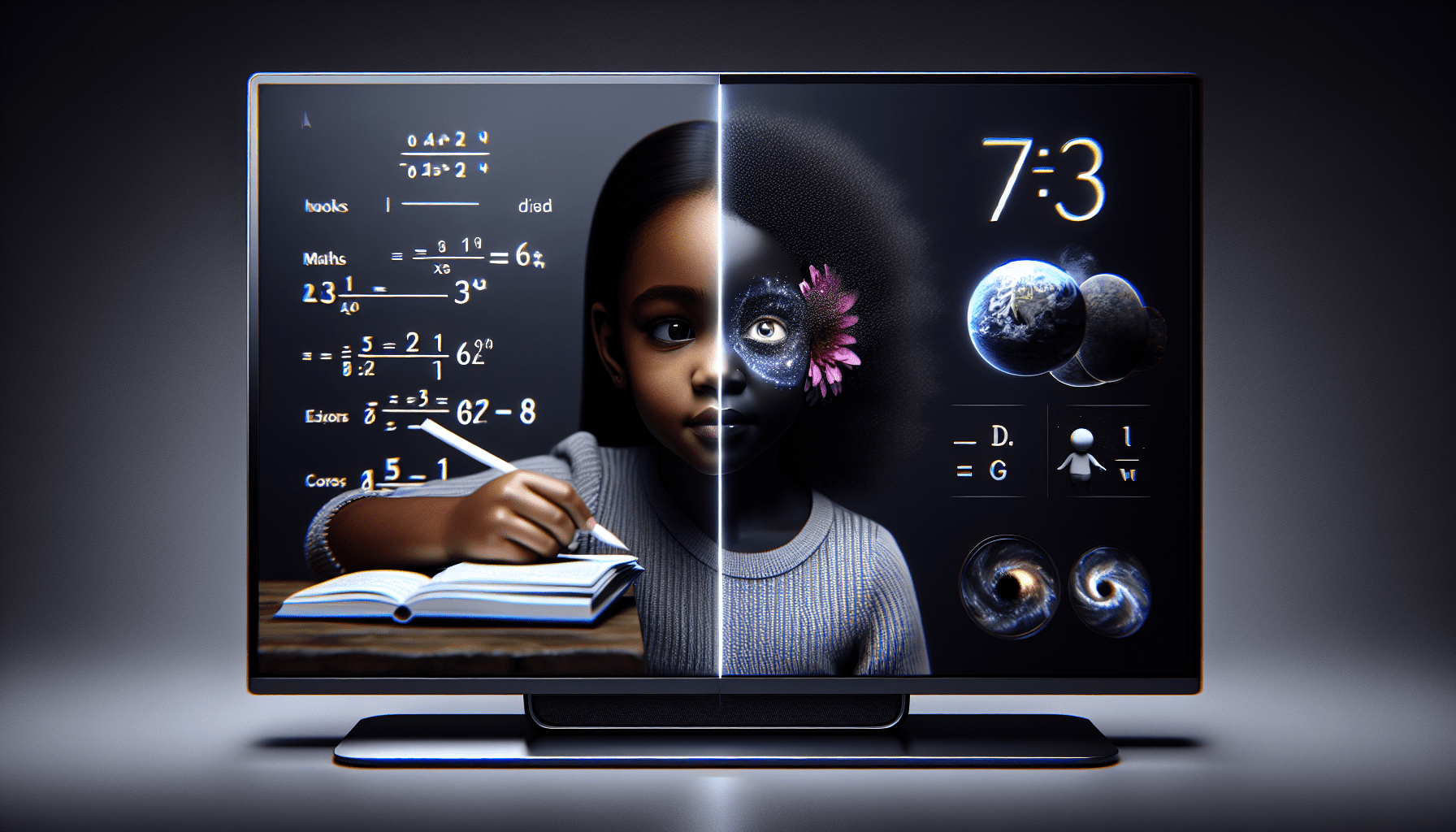In today’s fast-paced world, smart home entertainment systems have revolutionized the way we consume media and interact with technology. But did you know that these innovative devices can also be valuable tools for education? With the ability to stream educational content, play interactive learning games, and provide hands-on experiences, smart home entertainment systems offer a unique opportunity to enhance learning and engage students in a new way. By incorporating educational features into these systems, you can transform your living room into a virtual classroom and make learning more accessible and enjoyable for everyone in the family. So the next time you turn on your smart TV or gaming console, consider the endless possibilities for educational enrichment that lie at your fingertips. Can Smart Home Entertainment Systems Be Used For Educational Purposes?
Can smart home entertainment systems be used for educational purposes? The answer is a resounding yes! In fact, smart home technology has revolutionized the way we learn and interact with information. From interactive whiteboards to virtual reality headsets, there are endless possibilities for using smart home entertainment systems for educational purposes. In this article, we will explore the various ways in which smart home entertainment systems can be utilized to enhance the learning experience.
Benefits of using Smart Home Entertainment Systems for Education
Smart home entertainment systems offer a wide range of benefits for education. From engaging students in interactive lessons to providing personalized learning experiences, the possibilities are endless. By integrating smart technology into the classroom or home environment, educators can create a more engaging and immersive learning experience for students.
Engaging Students in Interactive Lessons
One of the key benefits of using smart home entertainment systems for education is the ability to engage students in interactive lessons. Smart TVs, tablets, and other interactive devices can be used to present information in a way that is more visually appealing and engaging for students. This can help to keep students more focused and interested in the material being presented, leading to a more effective learning experience.
Providing Personalized Learning Experiences
Another benefit of using smart home entertainment systems for education is the ability to provide personalized learning experiences for students. Through the use of smart technology, educators can tailor lessons and assignments to meet the individual needs and learning styles of each student. This can help to ensure that students are able to learn at their own pace and in a way that is most effective for them.
Types of Smart Home Entertainment Systems for Education
There are a variety of smart home entertainment systems that can be used for educational purposes. From interactive whiteboards to virtual reality headsets, the options are endless. Below are some of the most popular types of smart home entertainment systems for education:
Interactive Whiteboards
Interactive whiteboards are a popular choice for educators looking to enhance the learning experience. These large touch-screen displays allow teachers to present information in a way that is more interactive and engaging for students. With the ability to write, draw, and manipulate images on the screen, interactive whiteboards can help to bring lessons to life and make learning more fun for students.
Virtual Reality Headsets
Virtual reality headsets are another great tool for educators looking to create immersive learning experiences. By using virtual reality technology, educators can transport students to different locations, time periods, or environments to enhance their understanding of a particular topic. Virtual reality headsets can be used to simulate real-world experiences and make learning more hands-on and interactive for students.
Smart TVs and Tablets
Smart TVs and tablets are also excellent tools for educators looking to incorporate technology into the classroom. These devices can be used to access a wide range of educational content, from interactive apps to online learning platforms. Smart TVs and tablets can also be used to facilitate group activities and collaboration among students, making learning more social and interactive.
Tips for Using Smart Home Entertainment Systems in Education
While smart home entertainment systems offer a wide range of benefits for education, it’s important to use them effectively to maximize their impact on student learning. Below are some tips for using smart home entertainment systems in education:
Set clear learning objectives
Before using smart home entertainment systems in the classroom or home environment, it’s important to set clear learning objectives for each lesson or activity. By outlining what students should be able to accomplish by the end of the lesson, educators can ensure that the technology is being used in a way that is aligned with educational goals.
Provide training for educators
To ensure that smart home entertainment systems are being used effectively, educators should receive training on how to incorporate technology into their lesson plans. This can help teachers to better understand the capabilities of the technology and how it can be used to enhance the learning experience for students.
Encourage collaboration and teamwork
Smart home entertainment systems can be used to facilitate collaboration and teamwork among students. By encouraging students to work together on projects and assignments, educators can help to enhance communication skills and foster a sense of community in the classroom or home environment.
Conclusion
In conclusion, smart home entertainment systems can be used for educational purposes in a variety of ways. From engaging students in interactive lessons to providing personalized learning experiences, smart technology has the potential to revolutionize the way we learn and interact with information. By integrating smart home entertainment systems into the classroom or home environment, educators can create a more engaging and immersive learning experience for students. With the right tools and techniques, smart home entertainment systems have the power to transform education and improve student outcomes.





